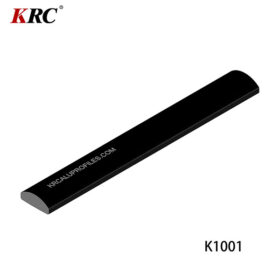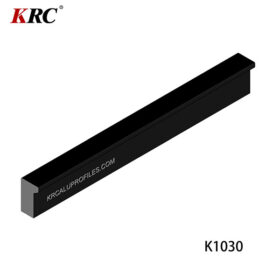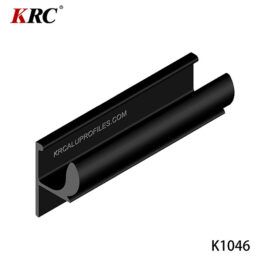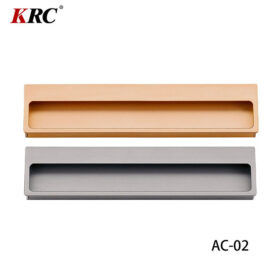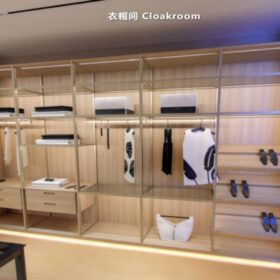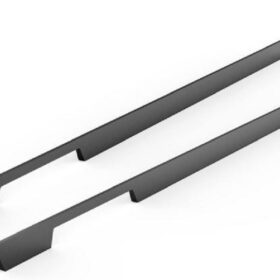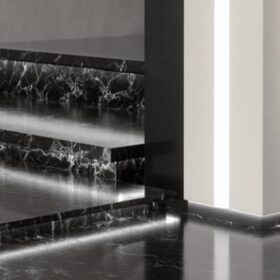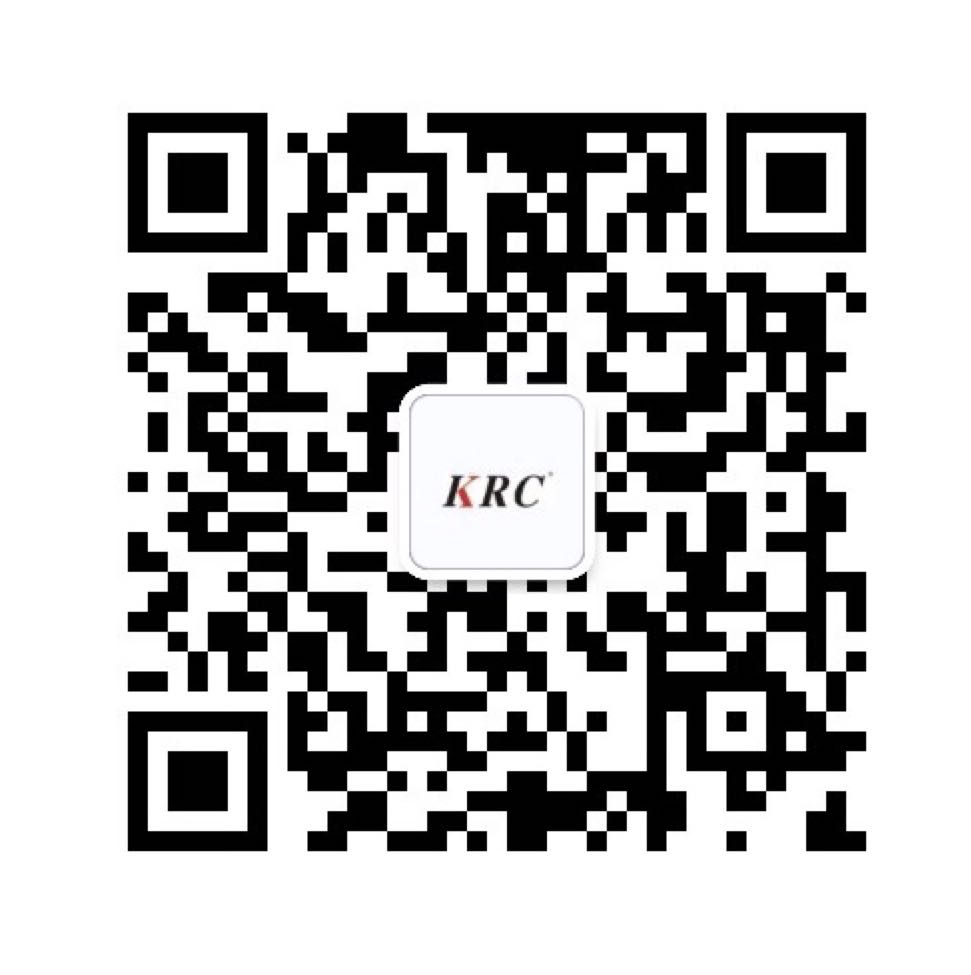Quality Control Measures with Circular Aluminum Profiles
Circular aluminum profiles are widely used in various industries due to their exceptional strength, durability, and corrosion resistance. However, maintaining the quality of these profiles is crucial to ensure their optimal performance and safety. Implementing rigorous quality control measures is essential throughout the manufacturing process to guarantee the production of high-quality circular aluminum profiles.
Dimensional Accuracy
Dimensional accuracy is of utmost importance to ensure the proper fit and function of circular aluminum profiles. Quality control measures involve precise measurements using calipers, micrometers, and coordinate measuring machines (CMMs) to verify the dimensions meet the specified tolerances. The profiles are inspected for deviations in diameter, wall thickness, and roundness to ensure they adhere to design specifications.
Surface Quality
The surface quality of circular aluminum profiles significantly affects their appearance and performance. Quality control measures include visual inspections and non-destructive testing (NDT) techniques to detect surface defects such as scratches, dents, corrosion, and impurities. Advanced techniques like ultrasonic testing or eddy current testing can reveal subsurface defects that may compromise the integrity of the profile.
Mechanical Properties
Circular aluminum profiles must possess the necessary mechanical properties to withstand various loads and stresses. Quality control measures involve tensile testing, yield strength testing, and hardness testing to assess the material’s strength, elasticity, and resistance to deformation. These tests ensure that the profiles meet the specified mechanical requirements for the intended applications.
Chemical Composition
The chemical composition of circular aluminum profiles directly influences their properties and performance. Quality control measures involve spectroscopic analysis and other chemical testing methods to verify the presence and concentration of alloying elements such as magnesium, manganese, and silicon. Ensuring the correct chemical composition ensures the profiles exhibit the desired properties and meet industry standards.
Production Process Control
Maintaining consistent quality throughout the production process is crucial. Quality control measures include monitoring raw material specifications, optimizing production parameters, and implementing in-process inspections. Regular inspections are conducted to evaluate the quality of extrusions, heat treatments, and finishing processes. This proactive approach helps identify and address any potential deviations promptly.
Supplier Qualification
Establishing a strong supplier base is essential for ensuring the quality of circular aluminum profiles. Quality control measures include supplier audits, certification reviews, and performance evaluations. Suppliers are assessed on their production capabilities, quality management systems, and ability to meet specifications consistently. By partnering with qualified suppliers, manufacturers can enhance the overall quality of their products.
Conclusion
Implementing comprehensive quality control measures with circular aluminum profiles is paramount to guarantee the production of high-quality, reliable, and safe products. By adhering to strict standards and utilizing advanced testing techniques, manufacturers can ensure the profiles meet the required specifications and perform optimally in their intended applications. Continuously monitoring and improving quality control measures is essential to maintain the highest levels of quality and customer satisfaction.
-
2025-11-13The Aluminium Pull Handle: A Synthesis of Strength, Style, and Intelligence by KRC®
-
2025-11-13Kitchen Furniture Handles: The Unsung Heroes of Culinary Design by KRC®
-
2025-11-13Kitchen Pull Handle: The Defining Detail of Your Culinary Space by KRC®
-
2025-11-13Aluminum Handles: The Perfect Blend of Strength, Style, and Sustainability by KRC®
-
2024-11-29Top Trends in Modern Kitchen Cabinet Pulls for 2024
-
2024-11-28The Ultimate Guide to Modern Kitchen Cabinet Pulls- Materials, Styles, and Tips
-
2024-11-27Elevate Your Kitchen Design with These Must-Have Modern Cabinet Pulls
-
2024-11-26Sleek and Stylish- The Best Modern Kitchen Cabinet Pulls for a Contemporary Look

